National Injury Prevention Day!
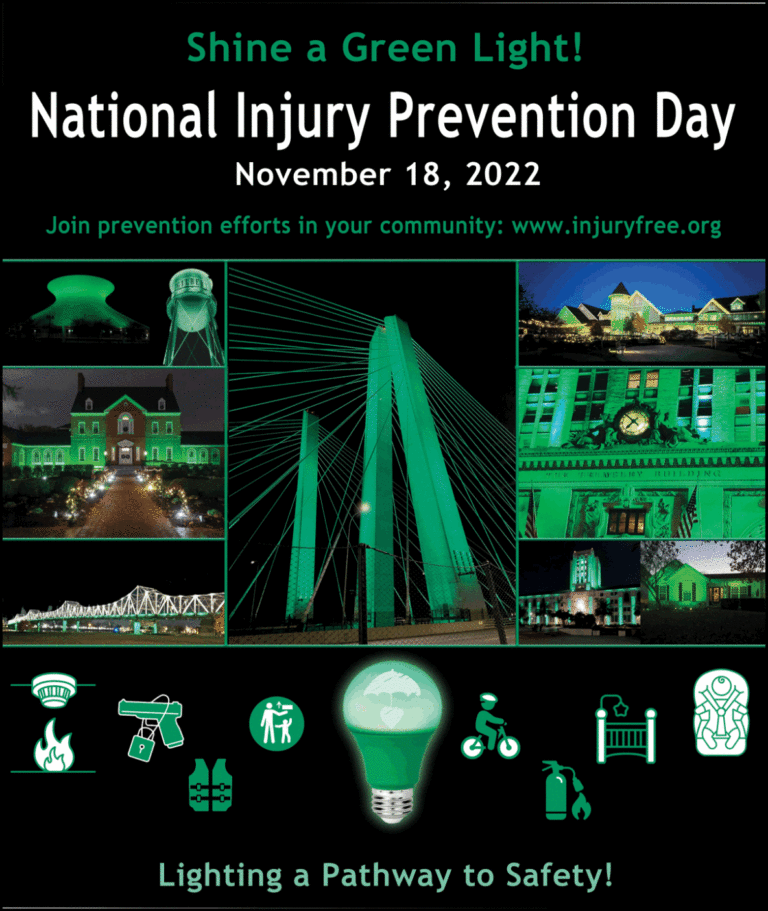

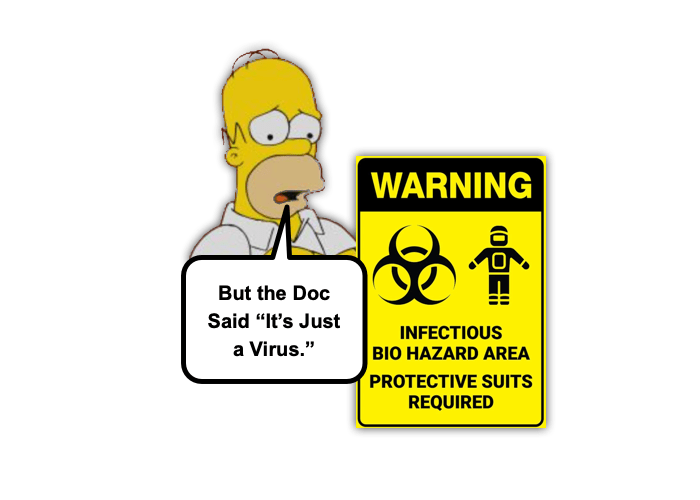
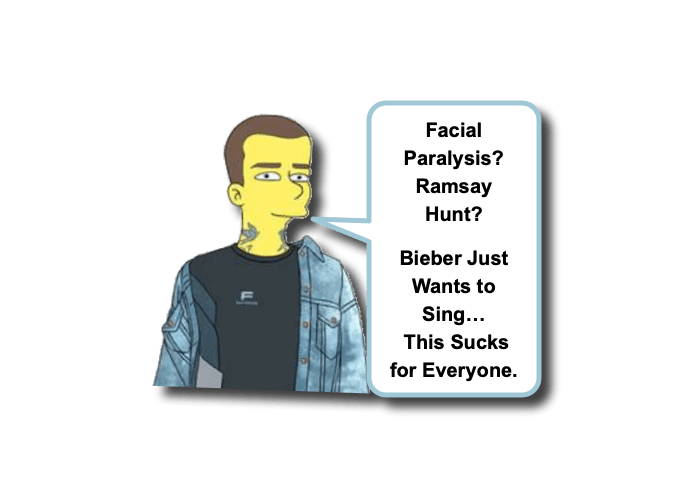
Say it ain’t so, Bieber! We all just want you to sing… but I guess that is challenging to do when half of your face does not move. (Ok… full disclosure… I am that Dad that sings songs loudly to…
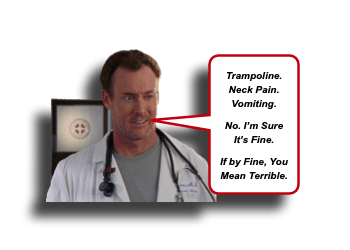
Oh, trampolines how I despise you. No, I am not a killjoy. Yes, I am a hypocrite (as I once enjoyed flinging myself through the air as I tried to test my immature abilities to avoid other human flying objects…

Managing seizures and seizure disorders in children is a required skill for emergency medicine providers. Clearly we know to never let hypoglycemia fool us and to always consider other seizure mimics. Fortunately, most seizures will spontaneously resolve and then we…
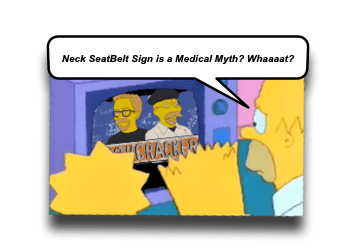
There are many “medical myths” that require reconsideration from time to time (ex, cuffed ETTs). Some are less mythological and more misconceptions, misunderstandings, or just related to evolution of information and technology (ex, absorbable sutures for wound closure). This brings…

It seems that my patients teach me something new almost every clinical shift. Perhaps it is because I am getting older and have forgotten a lot. Maybe I have just seen more to ask questions about. I would like to…